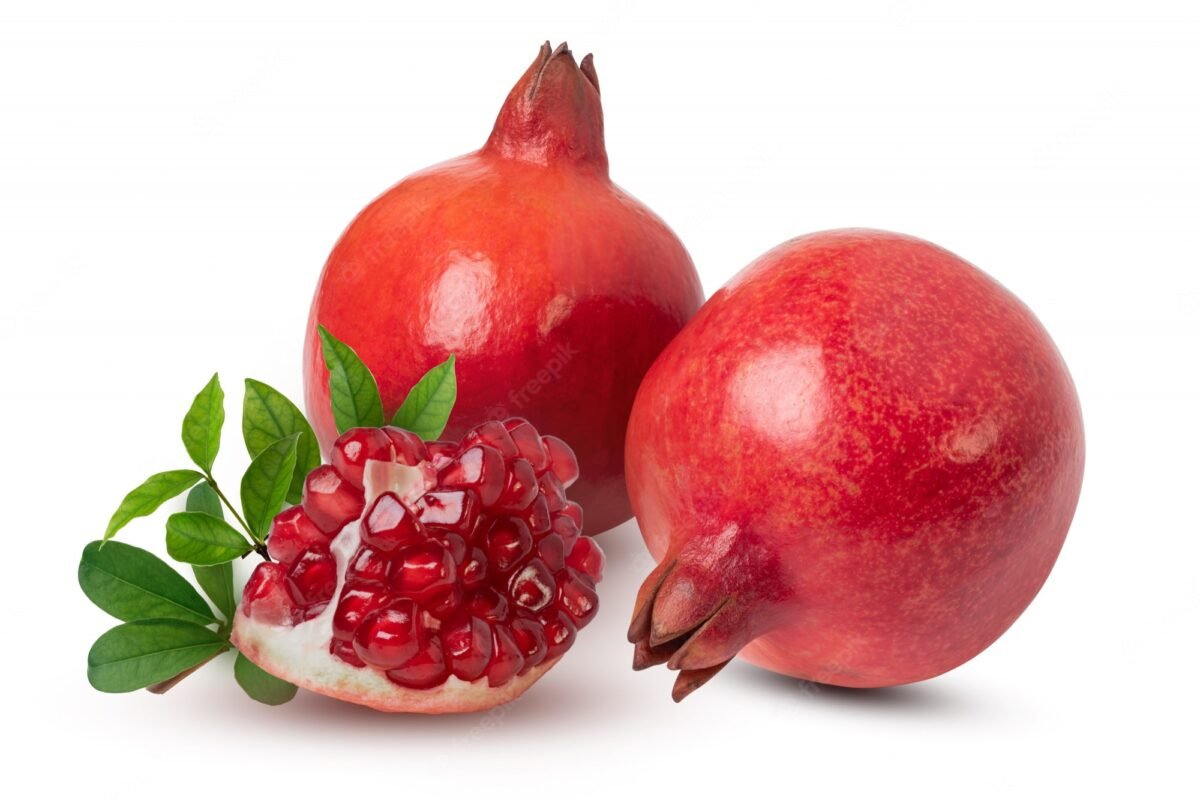Zuari FarmHub and CropX Technologies join hands to boost precision farming in India
Zuari FarmHub initiated trials of the CropX system at Zuari Agri Innovation Centre in Solapur as well as select farmer fields across Karnataka & Maharashtra
Zuari FarmHub, a leading agritech company in India, announced its partnership with CropX Technologies, a global agri-tech company specializing in digital agronomic solutions. The collaboration aims to revolutionise farming practices by introducing real-time monitoring technology that empowers farmers with data-driven insights for enhanced productivity and sustainability.
Zuari FarmHub initiated trials of the CropX system at Zuari Agri Innovation Centre in Solapur as well as select farmer fields across Karnataka & Maharashtra. CropX offers a state-of-the-art hardware-enabled system that monitors critical agronomic parameters in real-time. These smart devices collect predictive soil data, combining it with additional data sources in and around the farm, and agronomic knowledge to generate recommendations on irrigation and nutrient management. This helps farmers to optimise resources and improve crop growth.
“We at Zuari FarmHub are thrilled to partner with a pioneering agri-tech company like CropX Technologies, that shares our vision of revolutionising agriculture through cutting-edge technology,” said Madan Pandey, MD & CEO of Zuari FarmHub. “By providing farmers with real-time data and precise recommendations, we are empowering them to maximize yields, reduce resource wastage, and ensure sustainable farming practices.”
“The collaboration with Zuari FarmHub represents an exciting opportunity to extend the reach of our innovative solutions to Indian farmers,” said Tomer Tzach, CEO of CropX Technologies. “By combining our agri-tech expertise with Zuari FarmHub’s deep understanding of the Indian agricultural landscape, we aim to re-vitalize industry practices.”
The collaboration between Zuari FarmHub and CropX Technologies signifies a major milestone in advancing precision agriculture in India. As the pilot progresses, Zuari FarmHub will appropriately roll out the CropX system in other regions of India.
Zuari FarmHub initiated trials of the CropX



